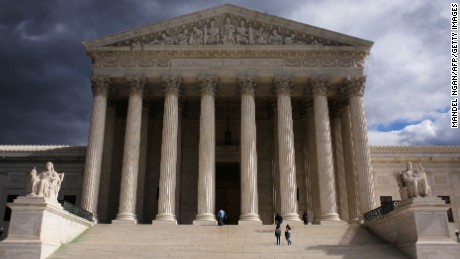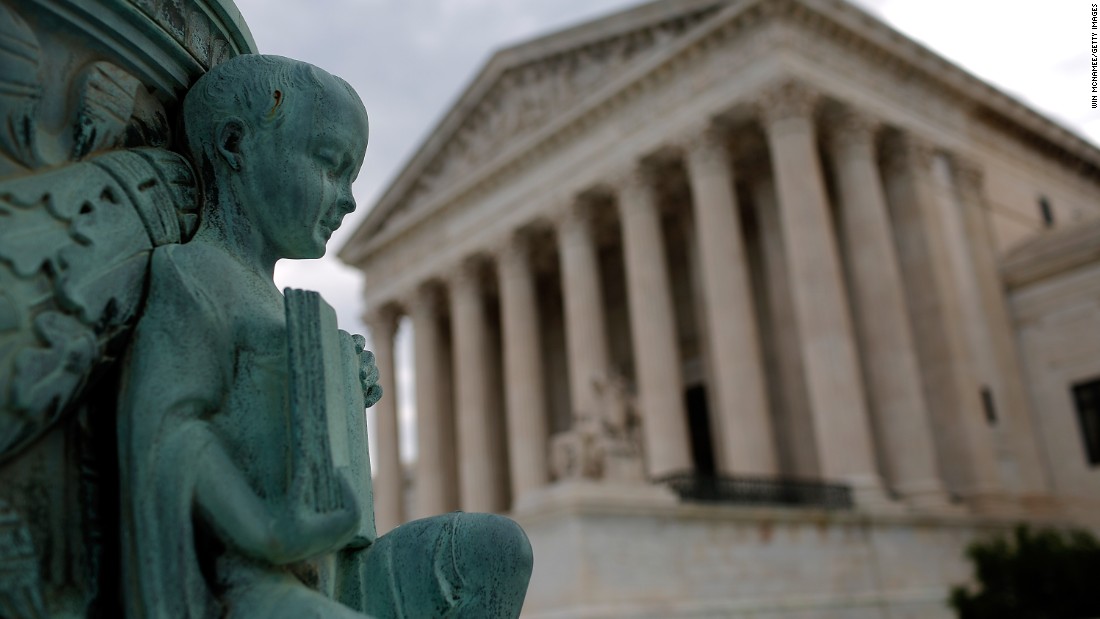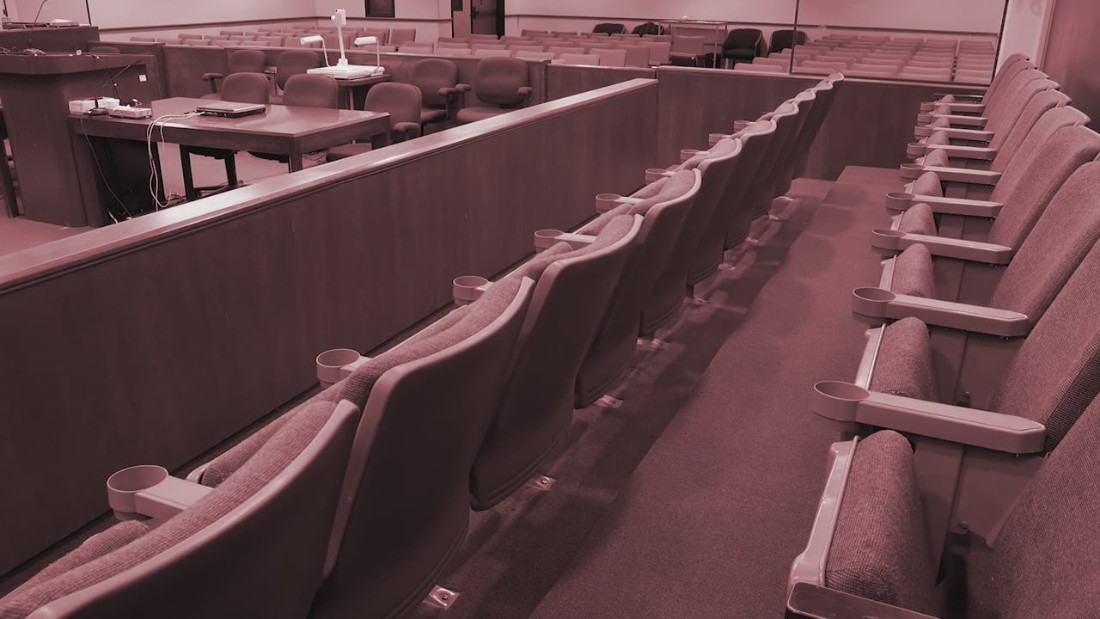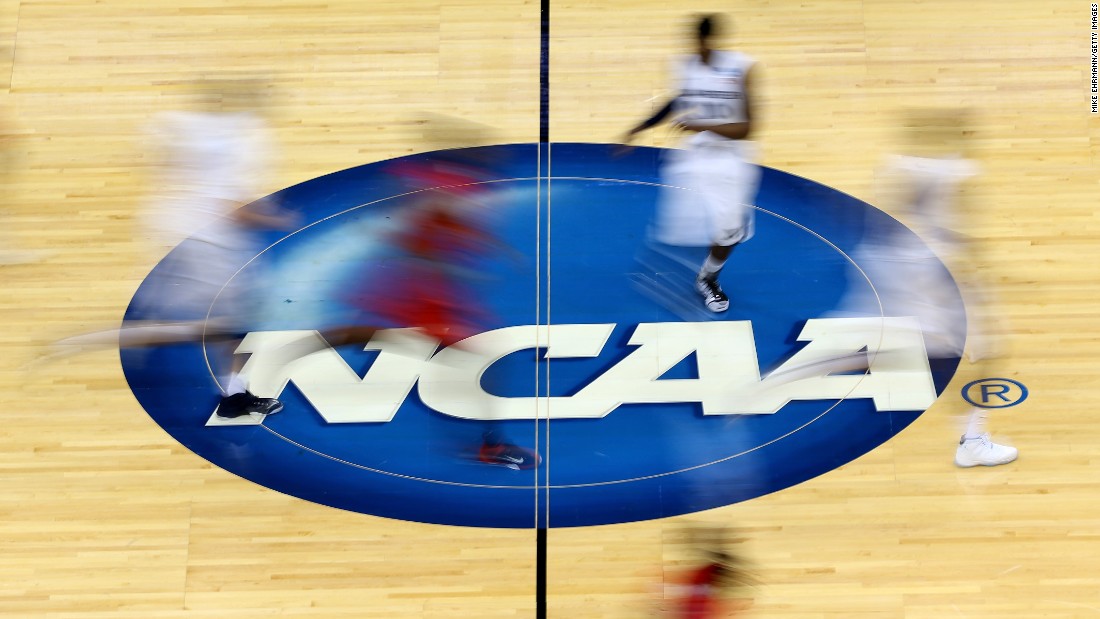
(CNN)Race has divided the Roberts court like nearly no other issue.
The justices have wrangled over how openly to talk about their differences. And now, as a new session begins, the court is delving into a set of racially charged cases in the explosive context of the criminal justice system.
The disputes evoke some of the hostile rhetoric of the presidential campaign and real conflicts seen on urban streets: Slurs against Mexican-Americans. Testimony that black defendants are more dangerous than whites. A claim that police used racial epithets during an arrest then fabricated evidence.
The cases could especially test a Supreme Court that has been trying to smooth over differences since the February death of Antonin Scalia and no Senate action on US Appeals Court Judge Merrick Garland, nominated by President Barack Obama to succeed him.
The cases also arise as individual justices have been speaking more pointedly about the state of race in America.
Denying the request for a hearing, the Colorado Supreme Court said H.C."s comments, no matter how "ideologically loathsome," did not merit an exception to jury deliberation secrecy.
Two years ago, the Supreme Court foreshadowed this dispute when it reinforced the principle protecting deliberations but said in the opinion by Sotomayor that, "There may be cases of juror bias so extreme that, almost by definition, the jury trial right has been abridged." The new case will be heard October 11.
A long-running Texas appeal spotlights a psychologist"s testimony during sentencing that Duane Buck, an African-American convicted of the 1995 murder of his former girlfriend and a male friend, was statistically more likely to commit future violent acts than a white defendant.
Buck contends he was denied effective assistance of counsel; his lawyers had hired the psychologist to testify on his behalf. Lower courts ruled that Buck lacked the "extraordinary circumstances" needed to reopen his case.
Five years ago when the high court rejected a separate appeal from Buck, two justices (Sotomayor and Elena Kagan) said his case was "marred by racial overtones" and should be reviewed.
Three others justices (Samuel Alito, Stephen Breyer and Scalia) deemed the psychologist"s testimony "bizarre and objectionable" but were among those rejecting Buck"s petition. His new appeal will be heard Wednesday.
When can citizens sue for "malicious prosecution?"
The third racially charged dispute also up Wednesday explores when a person may sue for "malicious prosecution" based on Fourth Amendment protection against unreasonable searches and seizures.
The dispute traces to March 18, 2011, when Joliet, Illinois, police officers stopped a car for failure to signal a turn and pulled Elijah Manuel from it. Manuel"s lawyers told the justices in a filing that an officer him pushed him to the ground and said, "You remember me, street punk? Now I got you... ." The officer used a racial slur on Manuel, who is African-American.
Police found a bottle of pills that Manuel said were vitamins but that officers contended were illegal Ecstasy pills. Manuel said tests at the scene and in a police lab showed the pills did not contain controlled substances. Police claimed the opposite, leading to his indictment for unlawful possession. When Manuel"s lawyer asked for a copy of lab results and it was clear the pills were not illegal, Manuel was released from jail on May 5, 2011.
Manuel sued for "malicious prosecution" on April 22, 2013, possibly beyond a two-year statute of limitations. The case involves several procedural issues, but an overriding question is whether Fourth Amendment protection extends beyond an arrest, through arraignment, and can serve as the basis of a "malicious prosecution" claim.
The Innocence Network, a decade-old consortium of 69 groups representing prisoners, emphasized in a "friend of the court" brief the possible consequences of Manuel"s case for minorities: "Those incarcerated as a result of police misconduct ... suffer extensive harm. Racial minorities, the poor, and the uneducated disproportionately suffer these effects."
Read more: http://www.cnn.com/2016/10/03/politics/supreme-court-race-cases/index.html





No comments:
Post a Comment